Insightful Reports: Trends in Climate, Sustainability, and Technology
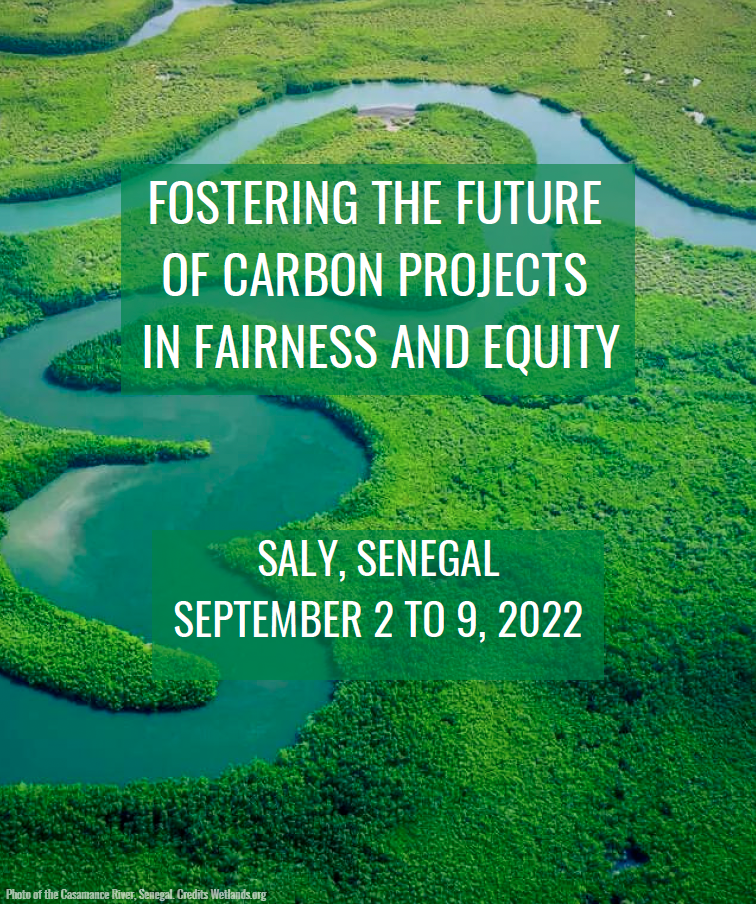
Saly Report 2022: Fostering the future of carbon projects in fairness and equity
The “Fostering the Future of Carbon Projects in Fairness and Equity” workshop was held in Saly, Senegal. Organized by the Carbon Markets Fairness Foundation and ALLCOT; sponsored by EcoRegistry, Cercarbono, Senken, and Flowcarbon; and supported by UNFCCC. We had the participation of 54 people coming from different countries in Africa, Europe, and the Americas. The main objective of this encounter was to discuss the importance of fairness and integrity in carbon markets, focusing on how these values are essential for Greenhouse gases mitigation projects. Therfore, it was divided in two parts a one-day site visit followed by a three-day-workshop.

Carbon Emission Token Protocol - Version for Public Comment
The InterWork Alliance’s (IWA) Carbon Emissions Token (CET) Taskforce seeks to enhance emissions reporting by providing technical specifications and best practices for tokenized carbon emissions and related data structures. Emissions reporting often faces challenges such as data granularity and inconsistent approaches, which distributed ledger technology (DLT) can help address. Tokenization, coupled with digital measurement, reporting, and verification (dMRV), offers a promising solution by creating a transparent and auditable public balance sheet for emissions.
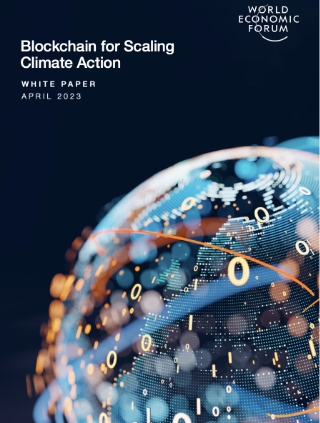
Blockchain for Scaling Climate Action
The overall objectives of this paper are to 1) curate an evidence-based, balanced and research-driven narrative on the relationship between blockchain and climate action, 2) document examples and use cases of blockchain applications, and 3) offer recommendations to deepen connection and collaboration across current and emerging climate solutions and stakeholders.
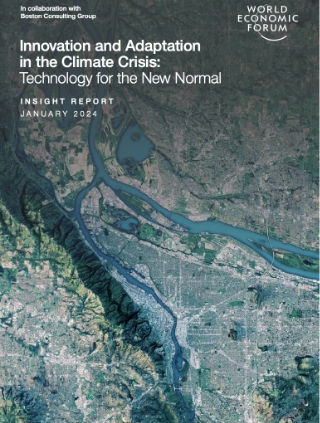
Innovation and Adaptation in the Climate Crisis: Technology for the New Normal
The increasing frequency and severity of climate change impacts, including extreme weather events, pose significant risks to nearly half of the global population and every sector of the economy. While there is no singular technological solution to climate change, data-driven and digital technologies, particularly those synergistic with artificial intelligence (AI) and advanced computing, can aid in managing these risks and unlocking new opportunities.
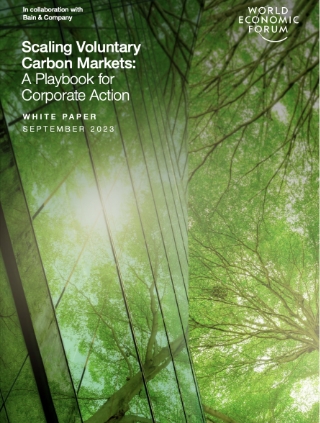
Scaling Voluntary Carbon Markets: A Playbook for Corporate Action
Urgent action is needed to address climate change, with the voluntary carbon market (VCM) offering a crucial avenue for mobilizing private capital. However, the VCM faces challenges in securing investment due to insufficient government support and market standards. This report provides guidance for companies to navigate the VCM’s complexities and emphasizes the need for regulatory mandates and market incentives to drive corporate engagement. Collaboration among stakeholders is vital to improve the VCM and accelerate the global transition to net zero.
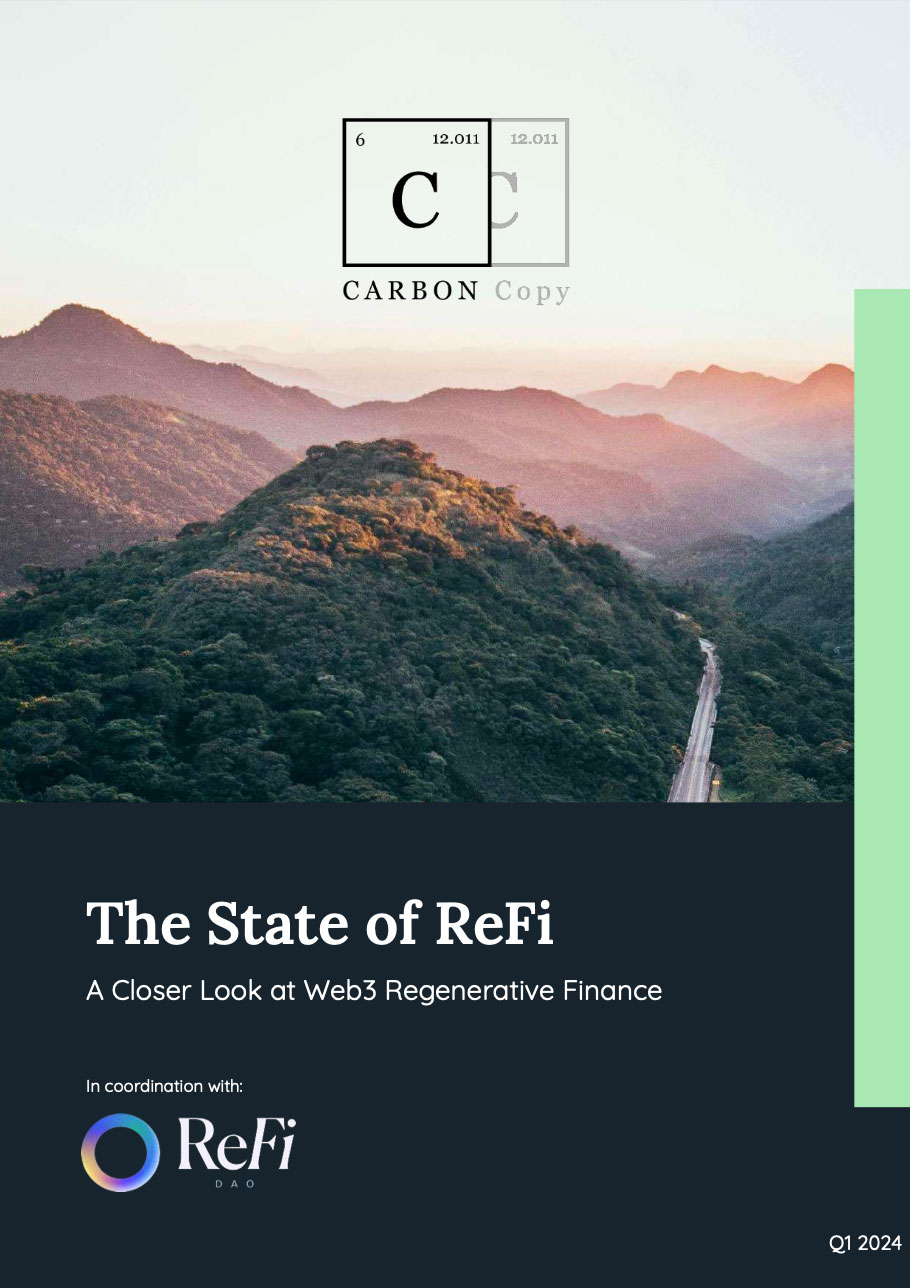
The State of ReFi
The report discusses the intertwined crises of climate change and increasing income inequality, emphasizing the need for systemic solutions. It highlights “ReFi” (Regenerative Finance), particularly its Web3 implementation, as a pathway to address these issues by shifting from an extractive to a regenerative economic system. This approach includes practices like agroforestry to balance economic growth with environmental regeneration.
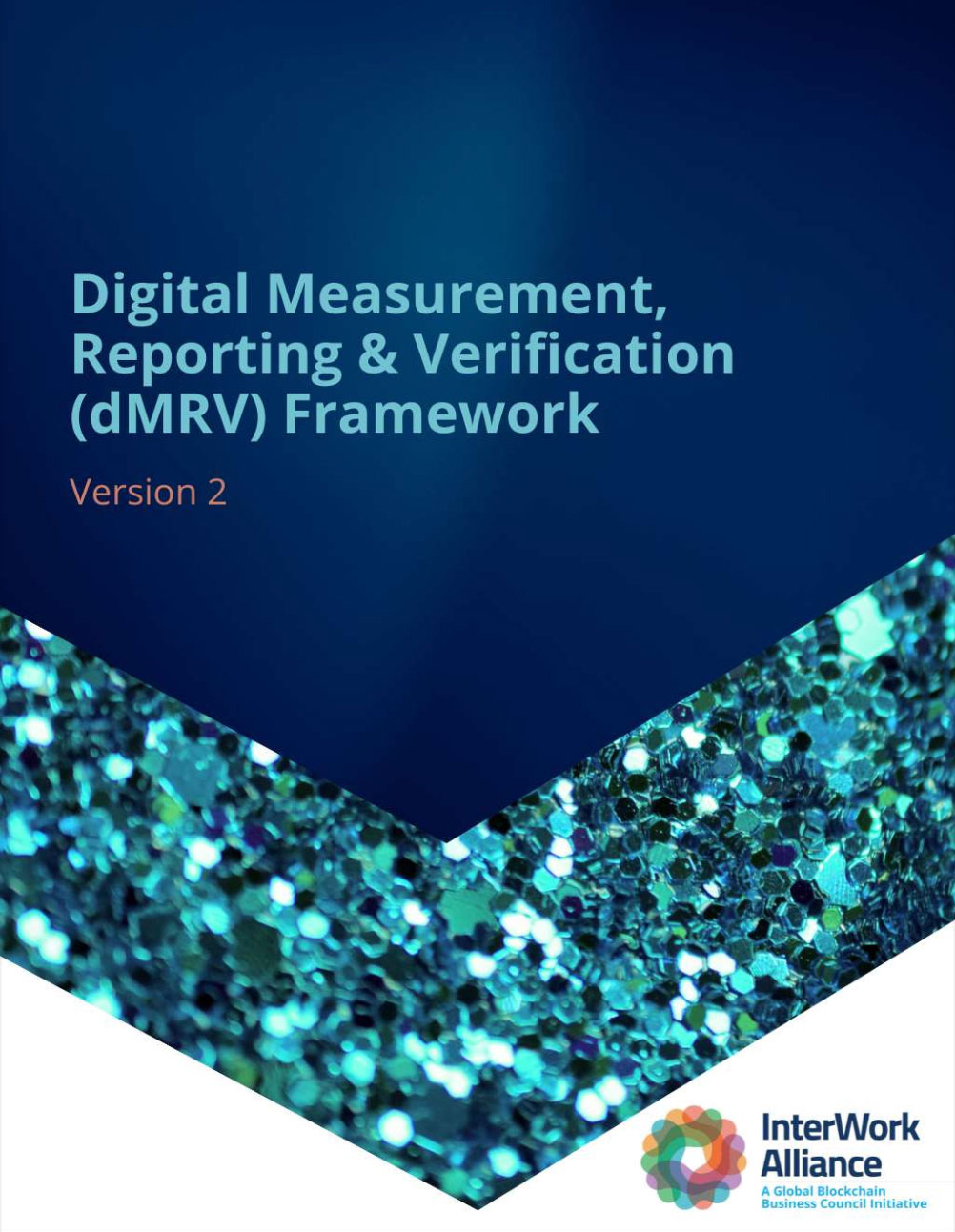
Digital Measurement, Reporting & Verification (dMRV) Framework
The document describes the evolution and application of the Digital Measurement, Reporting & Verification (dMRV) Framework by the InterWork Alliance (IWA) and Global Blockchain Business Council (GBBC). Since its first publication in 2021, the framework has undergone extensive review and enhancement to improve the consistency, comparability, and quality of digital ecological assets, like voluntary carbon credits. This ongoing process encourages collaboration across stakeholders to refine and scale sustainable market practices, aiming for a unified governance standard.
